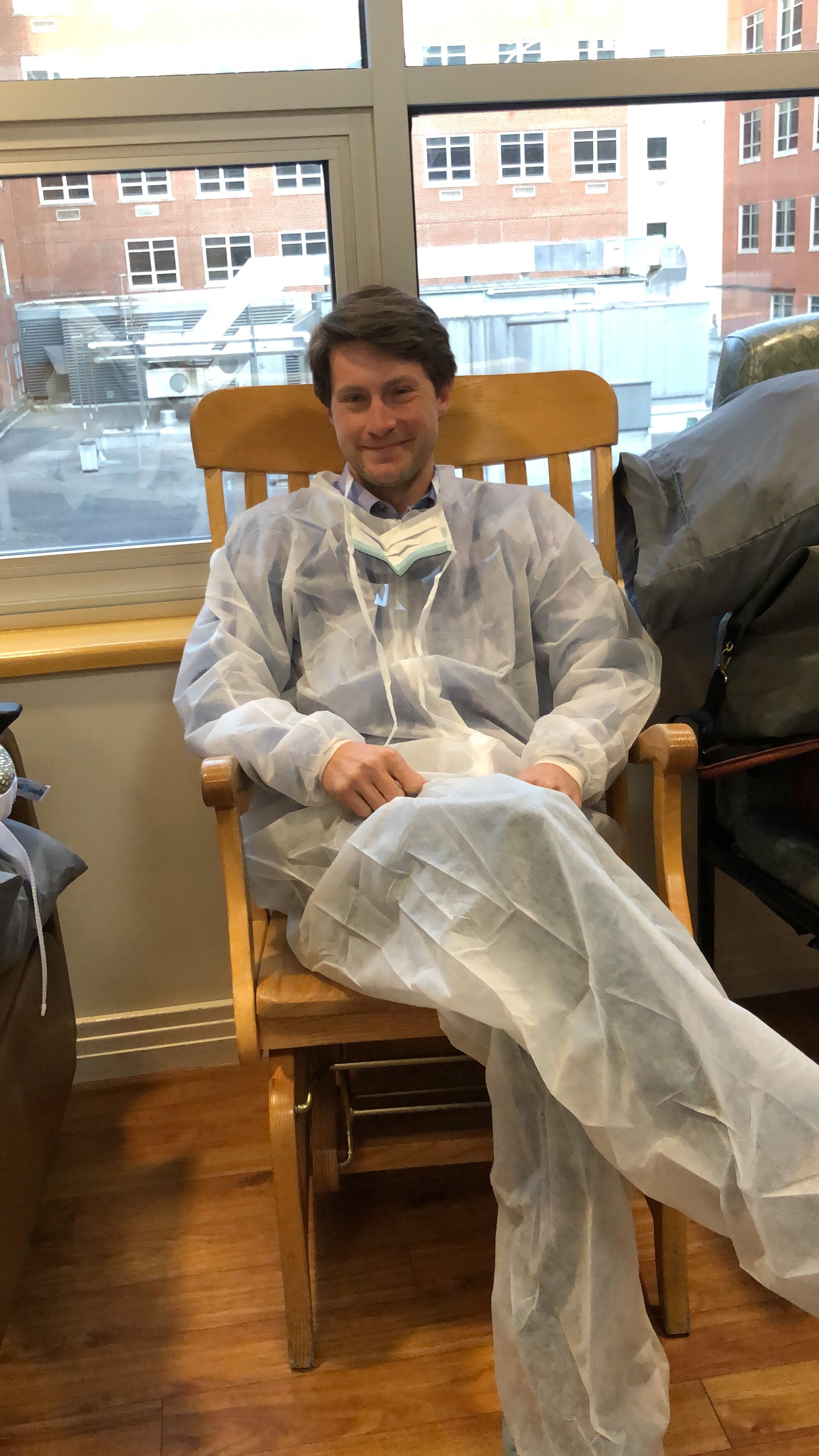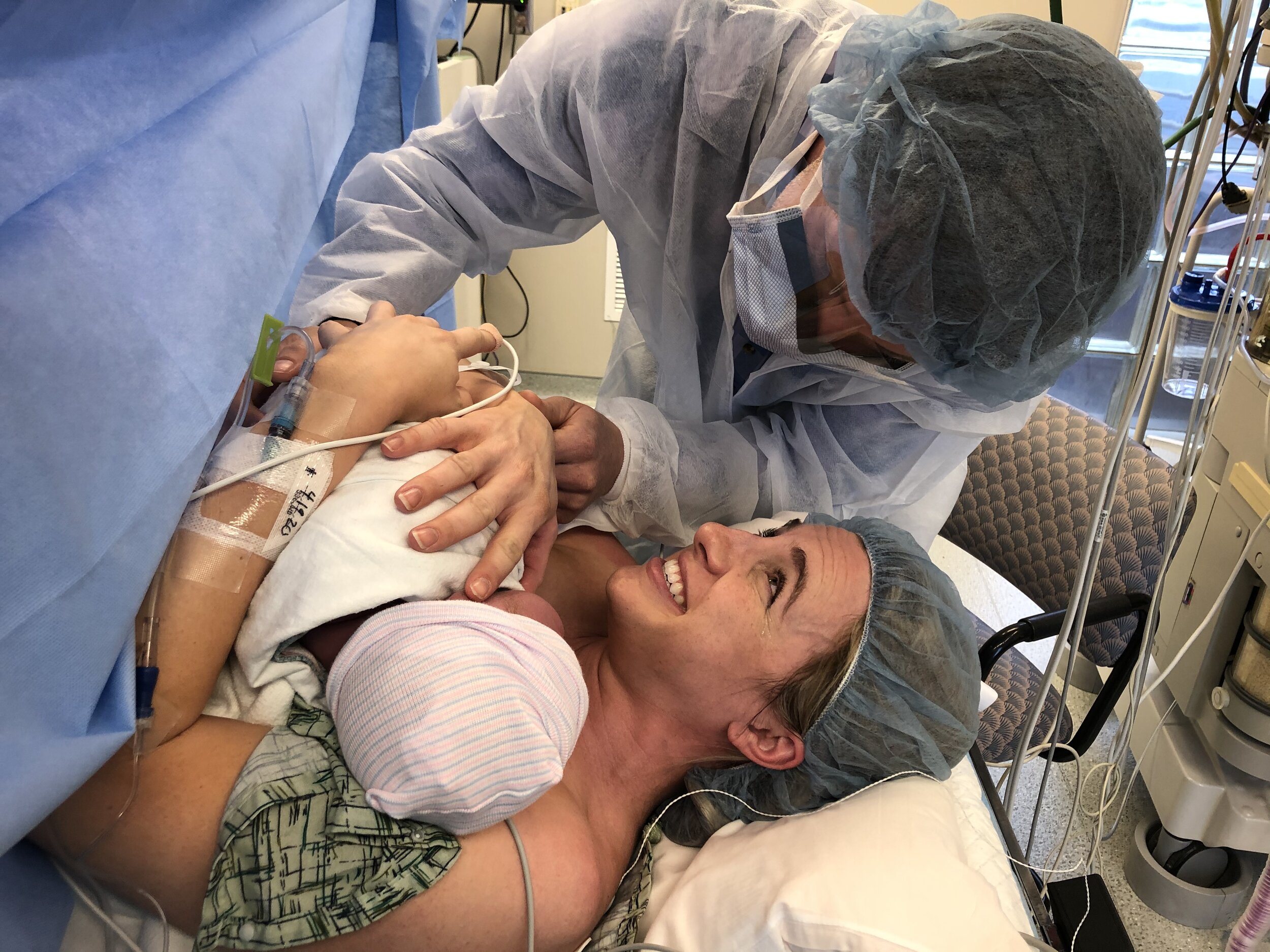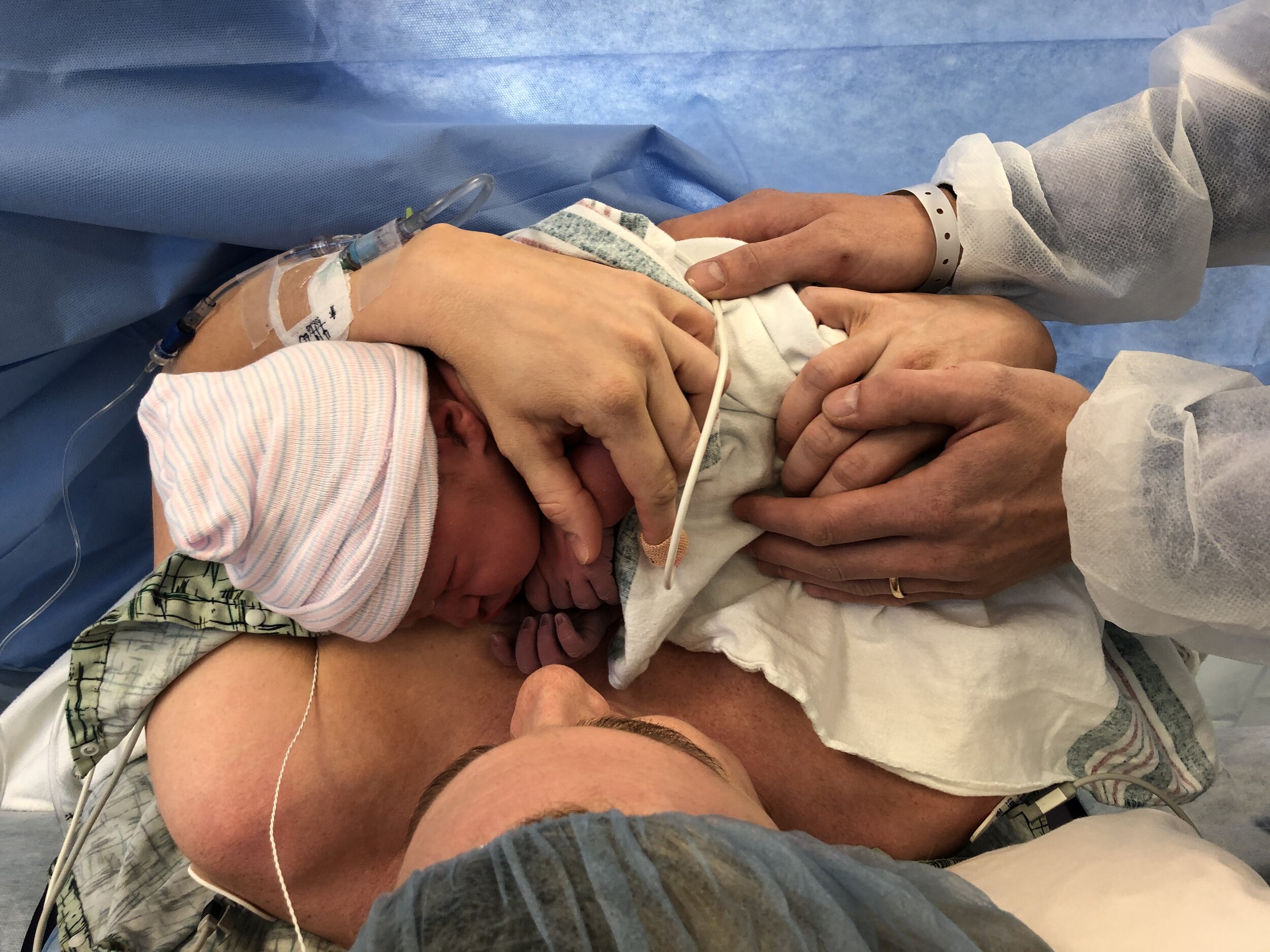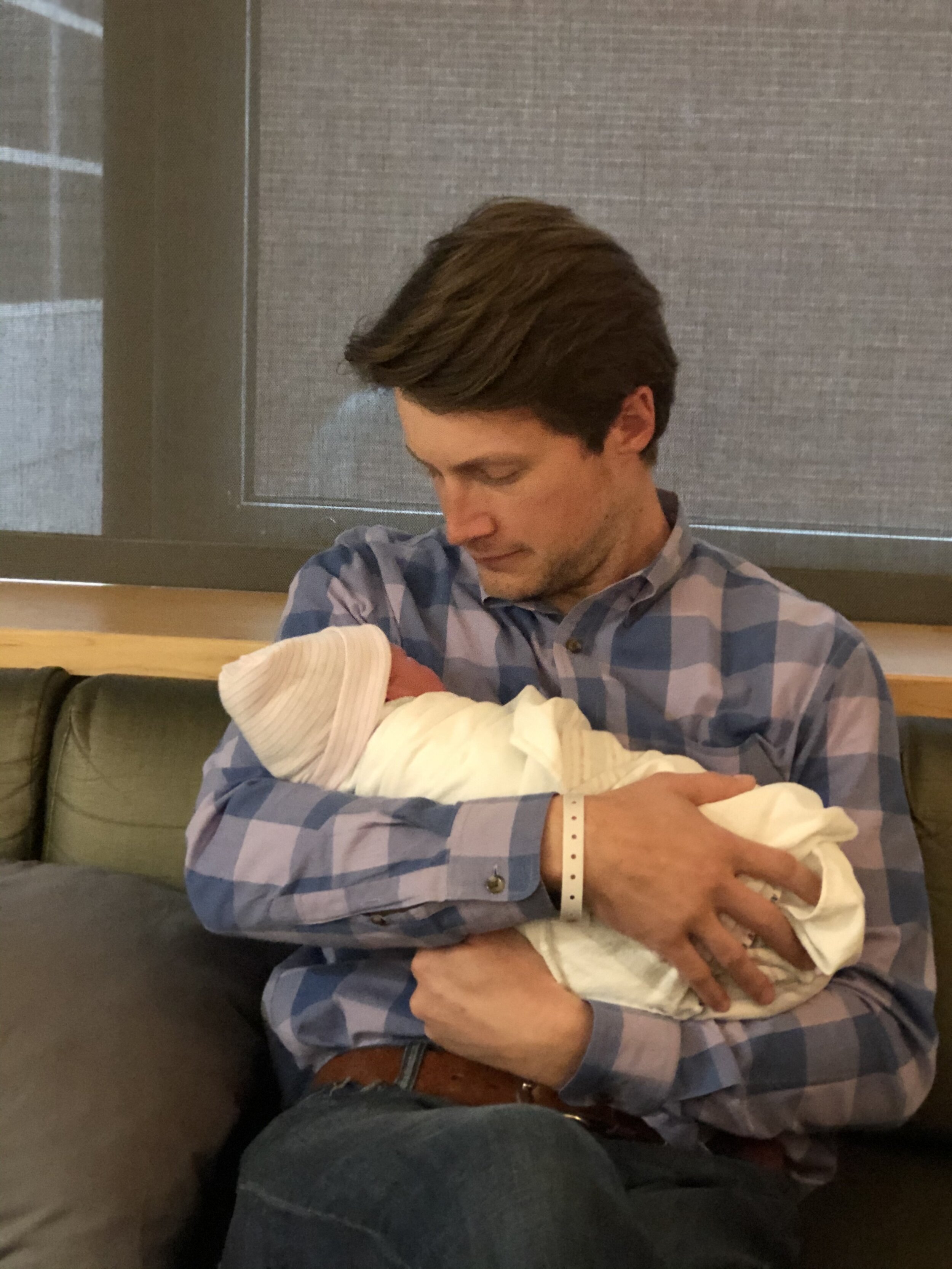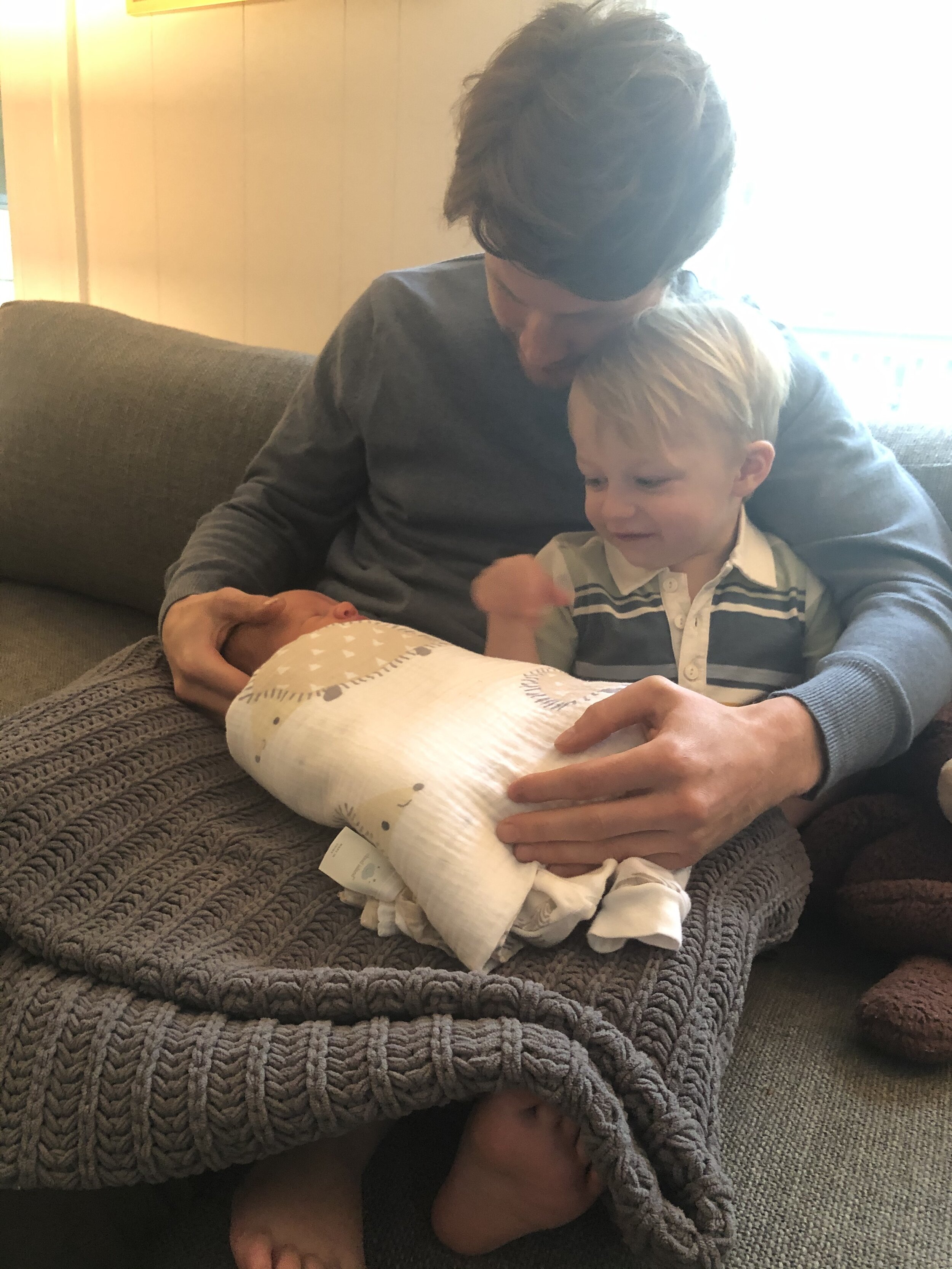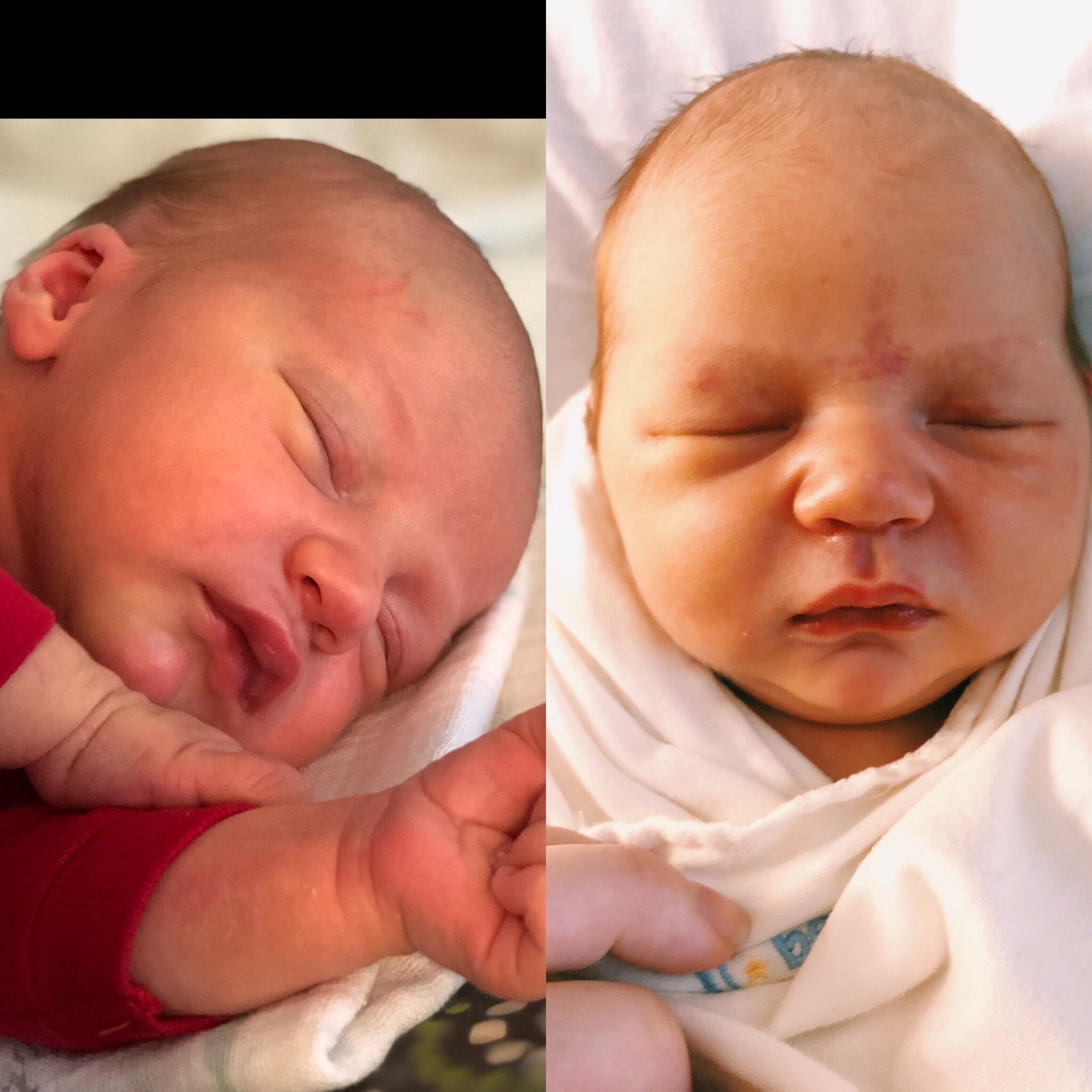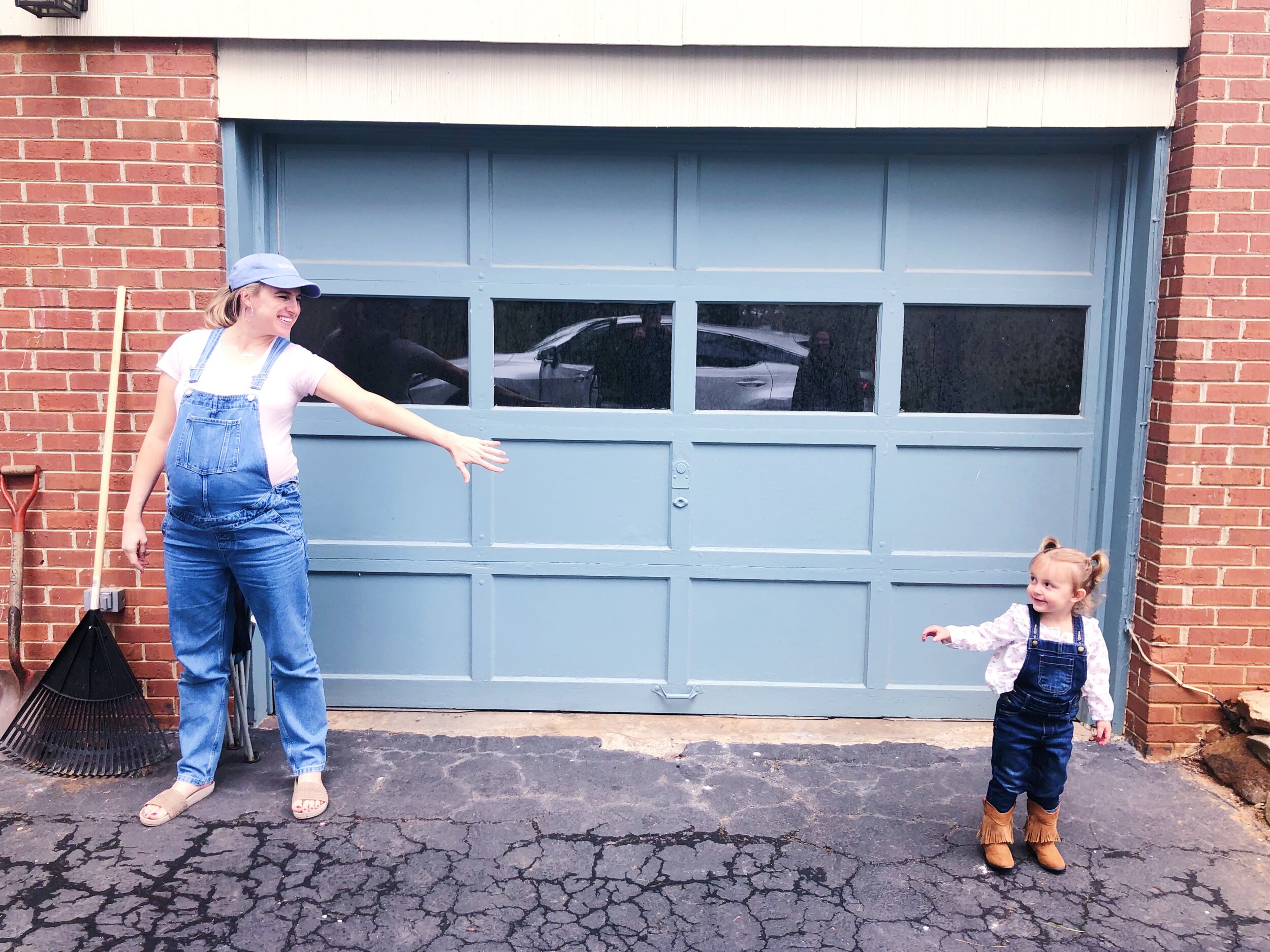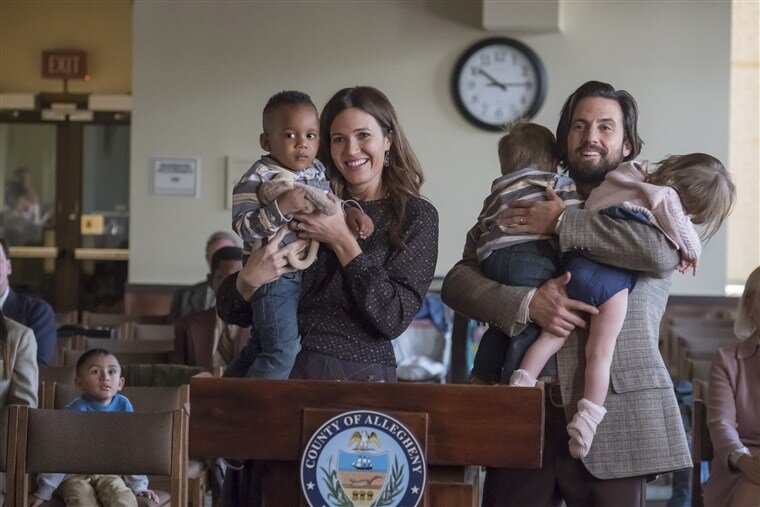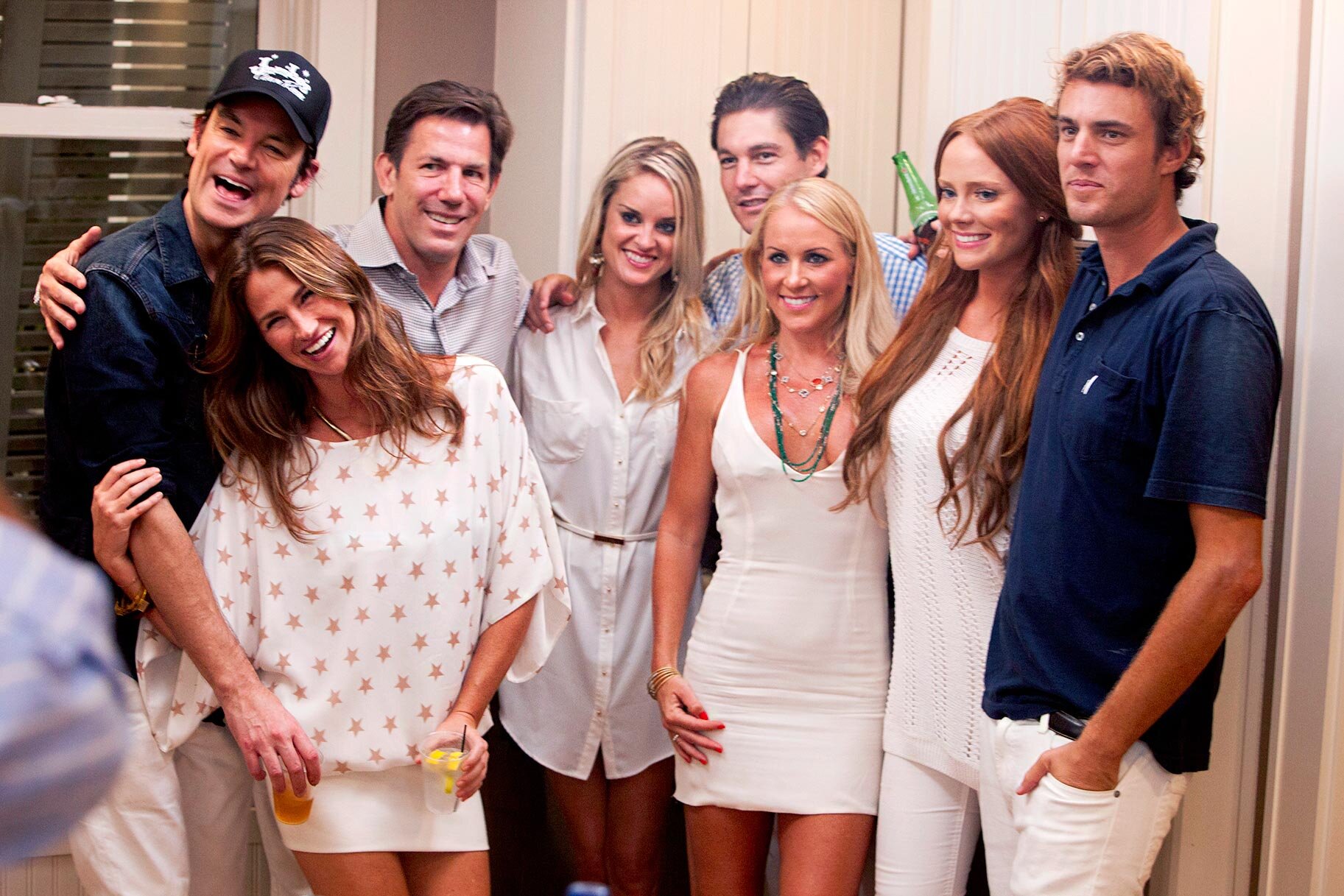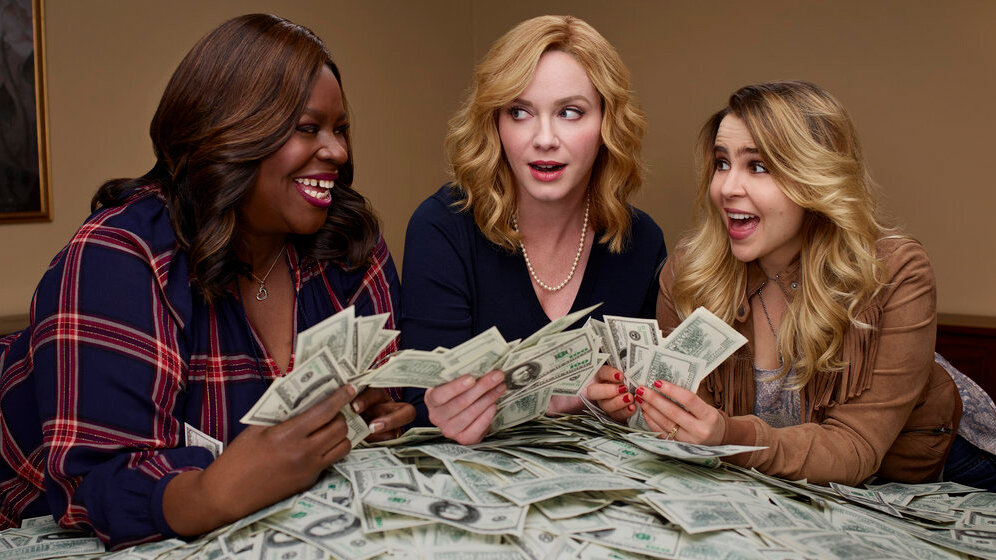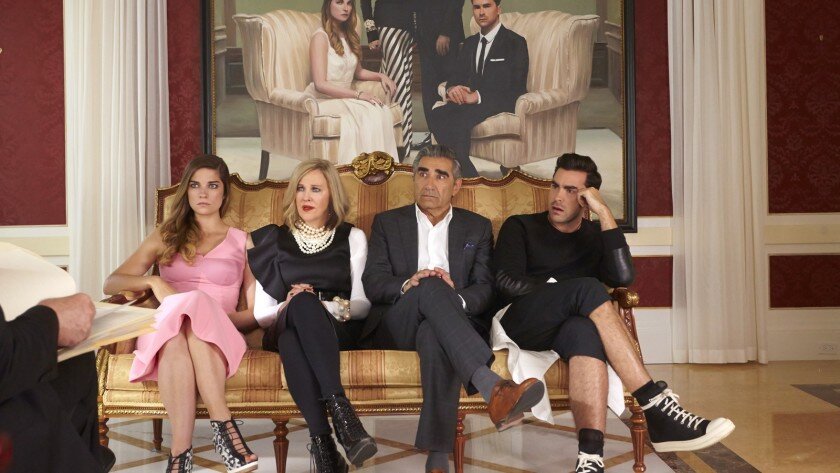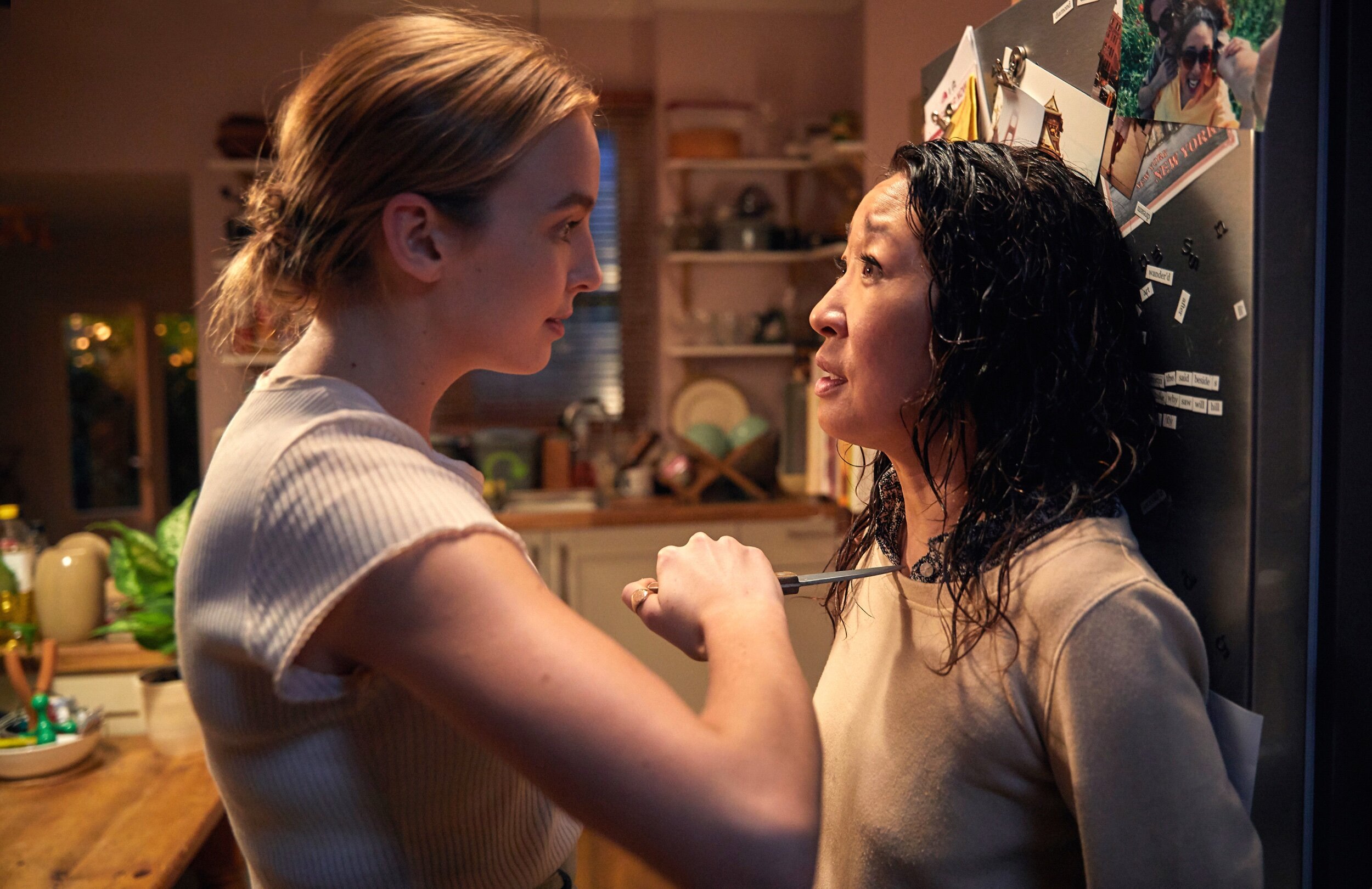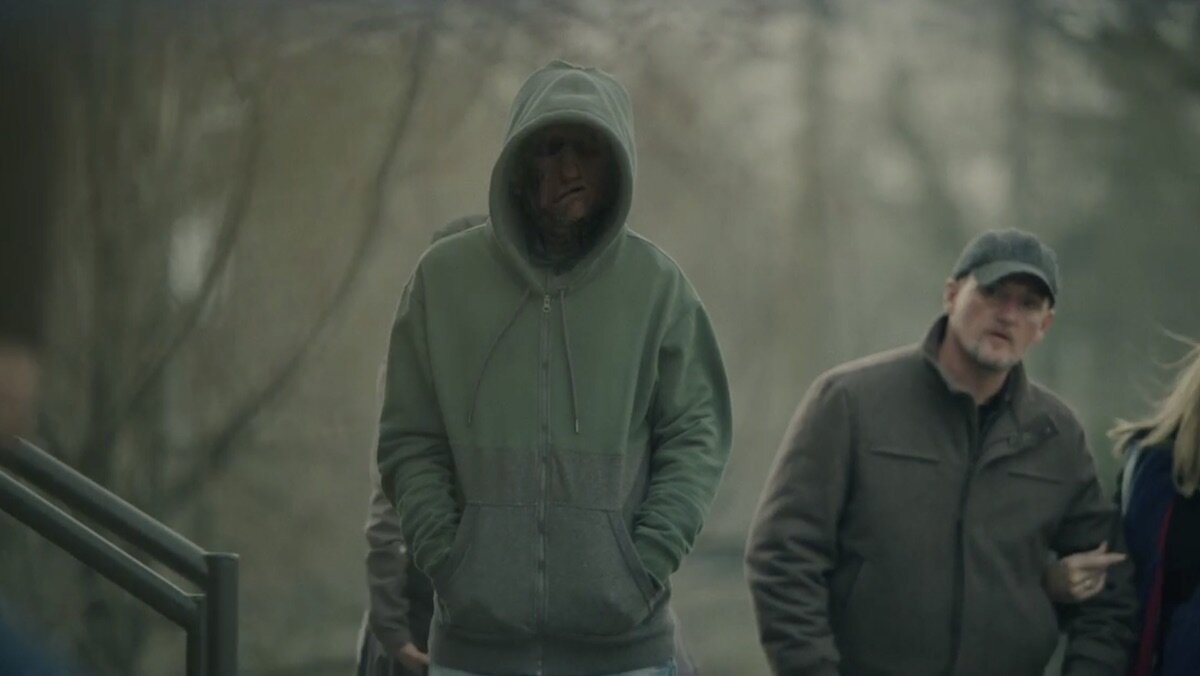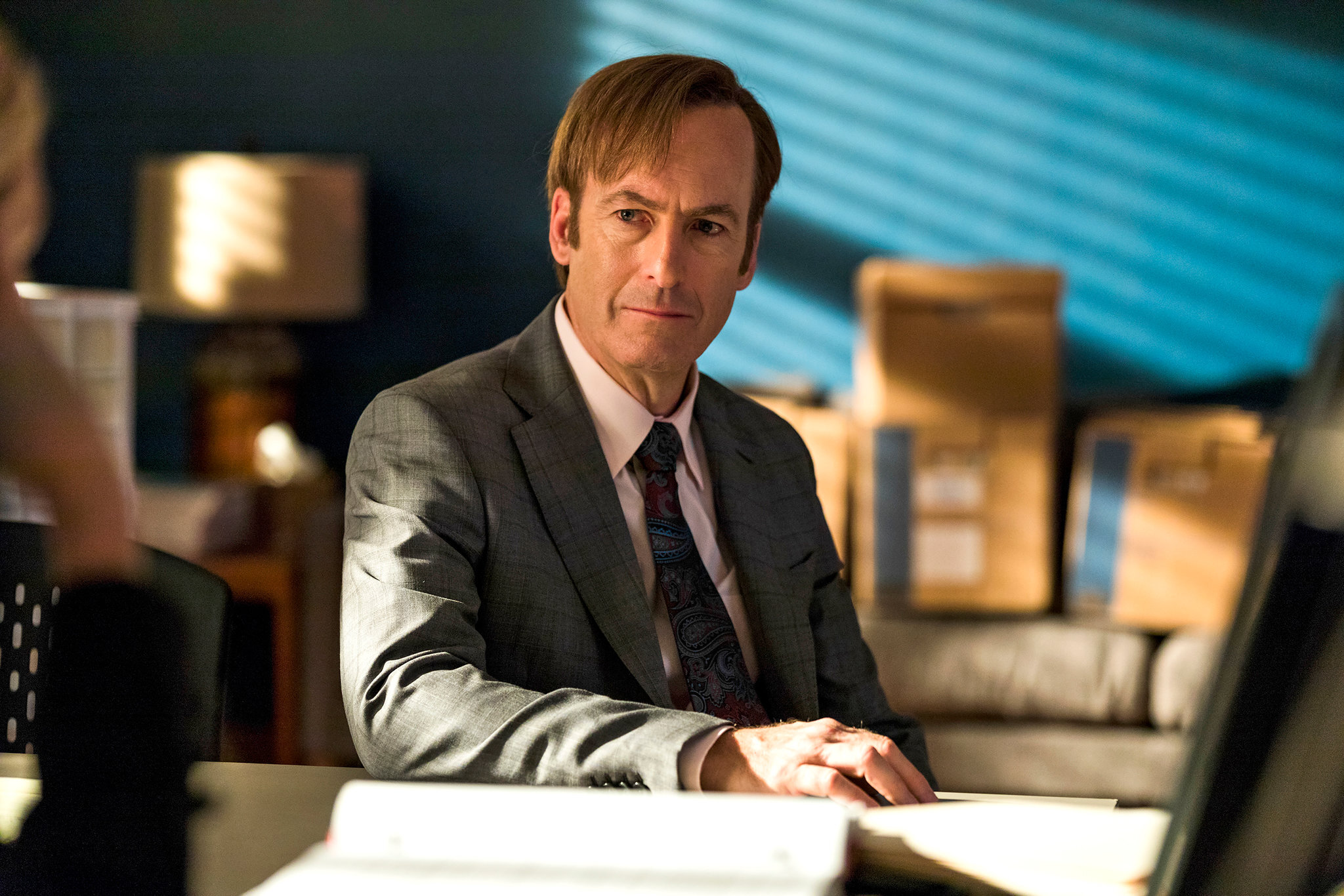I almost want to ask a favor of you so that you’ll understand just how great the following story is. I kind of want you to go read Mac’s birth story first.
You know, if you want.
Okay. SO. Welcome back.
Because Mac’s birth was so rough, Jordan and I joked from the beginning of this pregnancy that no matter what happened, our daughter’s birth would be a cakewalk in comparison. Then, with a laugh, the universe threw the curveball of COVID-19. We still joked about it, but the laughter was more mirth-y and ironic than relieved like before.
We’d scheduled a C-section for April 19th (my mom’s birthday, which just made it more special). COVID hit the United States in late February. Suddenly, all my dreams of a smooth, joyful delivery were looking like they might be less and less likely. The first disappointment was knowing only one person would be allowed to accompany me into the hospital, which meant that the image I’d cooked up in my head of my son, parents, and in-laws meeting our daughter in the hospital room were out the window. In fact, no family would be traveling to meet our new baby at all, and that would be true for a totally uncertain amount of time. My wonderful mom was in town, which gave me a completely indescribable amount of comfort, but otherwise, family visits were not really on the table.
Jordan is a dentist and among the professions in which a person is highly likely to contract COVID-19, his ranks near the very, very top. In New York, hospitals were banning partners from accompanying birthing people into hospitals, which meant women were delivering babies ALONE. The thought of going into a hospital without Jordan for precautionary reasons, or because Jordan had gotten sick at work, was harrowing. But the way I process things is to address the risk and then begin to mentally mitigate it, especially in situations where I have no control (which I try to avoid at all costs because I truly love control). I steeled myself for those less desirable outcomes, but privately was anxious.
In the weeks leading up to our due date, Jordan avoided work as much as possible and, blessedly, didn’t get sick. New York rescinded its “no partners” policy, and though our hospital would still only allow one person to accompany me into labor, we were over the moon that it would actually get to be Jordan.
The morning of 4/19, we woke up at 4 AM to make our 5:30 check-in for a 7:30 surgery. Jordan and I were both bleary-eyed, but so excited (but also trying to keep a lid on it - me because my nervous chatter would give away the fact that I was nervous; him because he’s a healthcare provider who doesn’t allow himself to get worked up in medical situations).
We’re totally fine and normal, SEE?! (Just kidding we’re both nervous wrecks.)
It was a truly bizarre experience to pull up into a handicapped spot, where we’d been instructed to park because there were so few surgeries taking place. We grabbed our bags, considerably lighter and fewer than we brought with Mac, when we lugged our entire closets and every belonging we could carry into the hospital. Each of us has an N-95 mask, so we walked in, masks on, to the front desk. We were some of the only people there and were directed to another wing and bank of elevators, then ultimately to Labor and Delivery where I was shown to a room and given a gown and a blood work up.
The hospital was like a ghost town both because of the hour and because of the lack of surgeries on the docket, all of which had been canceled or postponed to ensure staff and patient safety. Everyone there was a little bleary-eyed because of the early hour. I was not only tired, but also looked like a dog because I was told that for a C-section, I wouldn’t be allowed any makeup, nail polish, self tanner, or lotion. I had also, like a total moron, gone outside without sunscreen for a socially distant lunch on the hottest day of the year and procured the most intense farmer’s tan sunburn from my sleeveless dress. Turns out, no one follows the rule about no makeup. NOTE TO ALL FUTURE MOMS - wear the makeup!! (I did cheat and put on concealer and mascara. I mean, come on. I had to!)
Our nurse was delightful and chipper, and though it took three times to successfully place the needle for my IV (by the way HOLY SHIT), we loved her and appreciated her happy energy, even that early in the day. The sun came up and reality started setting in: we were going to meet our daughter in less than two hours.
While we were waiting, both a CRNA and an anesthesiologist came (at different times) to talk to me. They’d both be in the OR and wanted to know if I had any questions or concerns. This was a huge relief, because the problems I had with Mac’s birth were anesthesia-related.
(in case you’re coming to this story cold, I had what’s called a high spinal with Mac, a super rare event wherein anesthetic floods your spinal space and causes paralysis. In my case, it happened as I was being reclined back for my C-section after hours of labor, attempted vaginal delivery, and many doses of pain medication. When I was reclined for surgery, the spinal block I’d been given combined with the other existing pain meds to rush up my spinal column and paralyze me up to my chin. This included my diaphragm, which made it impossible to breathe. I was totally awake and was aware of slowly losing the ability to breathe until I eventually lost consciousness. When the anesthesiologist resolved the situation and I woke up, Mac had been out for ten minutes or so.)
Though the chance of something similar happening was extremely small, the chances of it having happened at all were also minuscule, so I had some quiet nerves. These women coming to visit me soothed so much of that, and their obvious familiarity with my last delivery was so comforting. When my doctor arrived, I got a little choked up. I’m always relieved to see her, but this time felt extra special. And suddenly, we were off to the races!
The difference between last time and this time were just hysterical. Instead of being wheeled in a flurry of movement and paperwork to the OR, I just stood my ass up and walked there in my socks, chatting about whatever came to mind. I pushed myself up onto the table, rather than being deposited there by a team of really strong humans who lifted me and shifted me.
When I said the OR was chilly, someone gave me a warming blanket. When I had my spinal block administered, the women in charge were so tuned in to my every feeling, checking in constantly and truly listening to my feedback about what/whether I could feel (and Jordan was with me through the whole meshugas of spinal block delivery, which my precious OB photographed and is now a picture I treasure).
It wasn’t quiet and tense; the room was filled with Kacey Musgraves’ fun music which I actually got to request. And my husband, rather than being in the hallway throughout all of this (where he was in the lead-up to Mac’s delivery) was right by my side, easing the process more than I could ever explain.
Jordan, because he is a maniac, decided that he wanted to watch the surgery. So he stood by my head and looked over the curtain throughout the whole thing, from first incision to close.
What. A. Murderer.
But he obviously loved it, so I was on board.
I had some anxiety about whether the anesthesia would work, based on my last experience, so I asked them to do a scratch test a few different times, which they patiently obliged me and did. Once I was certain I was numb (hehe!), things got rolling. My amazing CRNA stood right by my head the entire time, talking to me and making sure that I was in good shape. It was such a bizarre experience to have a simple blue drape separating me from a team of people who had their hands INSIDE MY BODY. There was tugging and pulling and tension and pressure, but no pain.
It’s here that I should mention the team in the room. Every single one of the, save Jordan, was a woman. It was like being operated on by The Avengers. My surgeons, the anesthesiologist, the CRNA, the L&D nurse, the Mother/Baby nurse, the nurse from the PICU who was there just in case, the techs - ALL WOMEN. If you’re reading this and you identify as female, you know the kind of casual, nurturing chatter that fills a room full of women who are comrades. And it was into this all-girl room that Rosemary Parker Scott made her debut at 8:20 AM, weighing in at 7 lbs, 15 ounces, and 20.5 inches long.
Throughout my pregnancy, I’d told Jordan that Rosie had a lot of moxie (because, frankly, it was nicer than saying “this baby is a pain in the ass”). The second I saw her, I felt all that personality smack me between the eyes. This little girl, even though she was brand new, had clear, sharp eyes and grew right into her name in a split second. Rosie, Jordan’s great-grandmother, was a spicy spitfire who lived to nearly 100 because, everyone said, she was “too stubborn to die.” Parker is a family name on my dad’s side, but presently belongs to my brother, a sweet and grounded creative who is kind and so smart. Spicy and kind, creative and stubborn - this is Rosie’s killer combo, I already know. It’s exactly the kind of girl the world needs.
After she was born, weighed, measured, and delivered into my arms, Jordan and I got to have a lot of peaceful, blissful time with her while my surgery was completed (AKA, while they put me back together). In recovery, I got to enjoy a slow intake of snacks and sips of Sprite while everyone watched my vitals and wrapped my legs up in those “make sure your legs don’t explode” Velcro swelling-control sock things. I don’t know, I was basically stoned out of my mind on pain meds at that point. It was fantastic.
This was a decidedly different recovery experience from when Mac was born, where all four of Jordan’s and my parents were anxiously waiting in the waiting room to be invited back. In this case, no one was waiting to come in - COVID prevented anyone from being at the hospital except Jordan. And though we were initially disappointed by that, it turned out to be the most low-maintenance and easy hospital stay because we didn’t have a revolving door of people. Both ways were wonderful.
I imagined our time in the hospital room was going to be fraught with sterilizations, that Jordan and I would both be locked in the room for three days, etc. In reality, though our team wore masks and certainly washed hands thoroughly, it was relatively normal. We were even allowed (with masks, of course) to take a couple of laps around the floor as we felt able. We stayed cozied up in our room and Jordan fell in love with his daughter, who is OBSESSED with him (and with his singing, which he did a lot of - the songs of his youth - Jimmy Buffett. And now I like Jimmy Buffet. Damn it.).
But the biggest difference of all was our departure. When Mac was born and I stepped out of the wheelchair and into the sunlight for the first time in a few days, all the “keeping it together”-ness I’d worked so hard to cultivate fell away and I sobbed all the way home. I vividly remember the feeling of looking around at the world and thinking about the fact that everyone else had been going about their business, living their lives, and I’d been inside having the most traumatizing experience of my life (though of course, it ended well!). That juxtaposition was too much to process for me, and so was the reality that we were now headed home to our new normal - discharged from the scary and life-altering and en route to routine.
When we left with Rosie in our arms, we confidently strapped her into her carseat (which she was comically too small for), turned on Jimmy Buffett live, and drove home with the windows down to the sounds of Margaritaville. I was smiling. The sun was shining. We had our girl. And my last experience with a life-changing moment had taught me that even during a global pandemic, I could handle this.
We pulled up to the driveway to find our garage door, sidewalk, and den had been decorated by our precious family and neighbors, and received the most amazing welcome for Rosie that we could imagine via video messages that had been compiled by two of our closest friends in Asheville. I had to bend in half because the happy crying was upsetting my incision. It was perfect. Mac met his little sister (and his veritable twin at birth), and Jordan and I looked at each other across the room - just like that, we were a family of four. Since then, nothing has been easy, but everything has been good.
Having a daughter has been a totally different experience from having my son. As a woman, bringing a girl into the world is a different animal. There is a legacy of womanhood I feel I’m passing on; she’s one in a line down frome, me, her grandmothers, their mothers, and back as far as we know how to trace. She contains all this and so much of her own. To know that baby girls are born with all the eggs they’ll have for their lives - it means that at one point, I was carrying my daughter and part of my own grandchildren. It is wondrous to be a woman.
The older women knew before, but all of us know now, both individually and collectively, that nothing is certain. Nothing is promised. Life can change on a dime, bringing with it waves of grief or patches of joy and everything in between. But what I know is that the world needed a little more moxie, a little more gumption, a little more spice, a little more kindness, a little more stubbornness. This era of uncertainty called for a sure-footed new addition who had ideas of her own, right from the beginning - a bright light delivered into a weary world.
Her name is Rosie.
The first rose in our garden that bloomed the day Rosie was born.
An epilogue:
A brief word about C-section moms.
The complications during Mac’s delivery were mysterious but intense, and coming up on Rosie’s birth, we didn’t know whether my high spinal had taken place as a result of a badly placed epidural (the most obvious possibility) or because of some totally freak anatomical issue wherein my spinal space is smaller than most women’s. There was no way for us to definitively get those answers ahead of time. My options were to go for a vaginal delivery (a “trial of labor after Caesarean, or “TOLAC”) and roll the dice that the same circumstances wouldn’t crop up again, or to go straight to a C-section and bypass the drama. Though I was a good candidate for a TOLAC by all the normal measures, the information that pushed me over the line was that if I had any anesthesia problems in this delivery, they’d have to put me completely out for the surgery. In other words, I’d be guaranteed to miss this baby’s birth just like I missed Mac’s. Ultimately, that was the tipping point: I wanted to see my daughter come into the world.
I had always assumed that my children would be born vaginally instead of via C-section because my own mom had two healthy babies that way. I will admit, even typing the title of this post - “birth story” - I feel a little fraudulent, because “birth” is an action verb and the way my children came into the world seems very passive: I laid on an operating table and someone else took them out. It can feel like, because I didn’t do the pushing (though I definitely did with Mac) that brought them here, my children weren’t “born” - they were kind of…evicted.
There is a lot of stigma around C-sections: that they’re the “easy way out;” that they exist simply to make provider’s lives easier and more predictable; that they’re exclusively the result of poor health of the mom; that they’re the result of massive amounts of interventions because the birthing person didn’t advocate for herself enough. If you’ve seen The Business of Being Born, you walk away with the conclusion that C-sections are basically the worst thing a person could do. All that stuff is really easy to get suckered into believing - as though recovering from having layers of dermis, fascia, muscle, and organs sliced through and sewn back up is some easy way out for chumps - as though it’s not real delivery.
So let me tell you what I’ve decided about that.
It’s bullshit. EVERY birth is amazing and a miracle.
The end.
A PSA about giving birth in America:
When I had Mac and experienced a traumatic delivery, I began to dig into a lot of research and stats about giving birth in the United States. It turns out that we as a country rank critically low against other wealthy nations - in fact, against 10 similar countries, the US would rank 10th. There’s lots to be said about this, but I’ll save it for another blog post. Here, I simply want to highlight the disturbing statistic that Black women are anywhere from 2 to 6 times more likely to die from pregnancy complications than white women. This was shocking information for me to learn in 2017, and things have not gotten better. If it shocks you, too, do some Googling and learn more.



